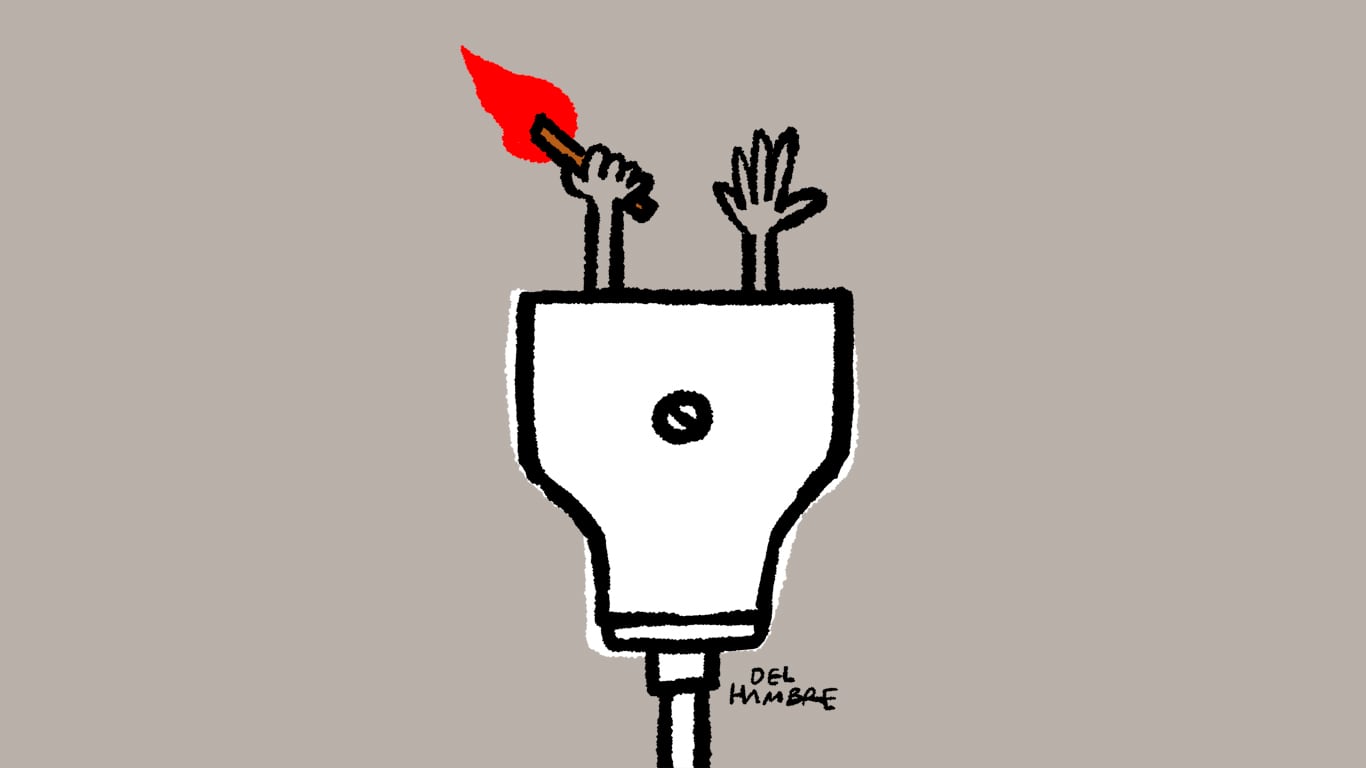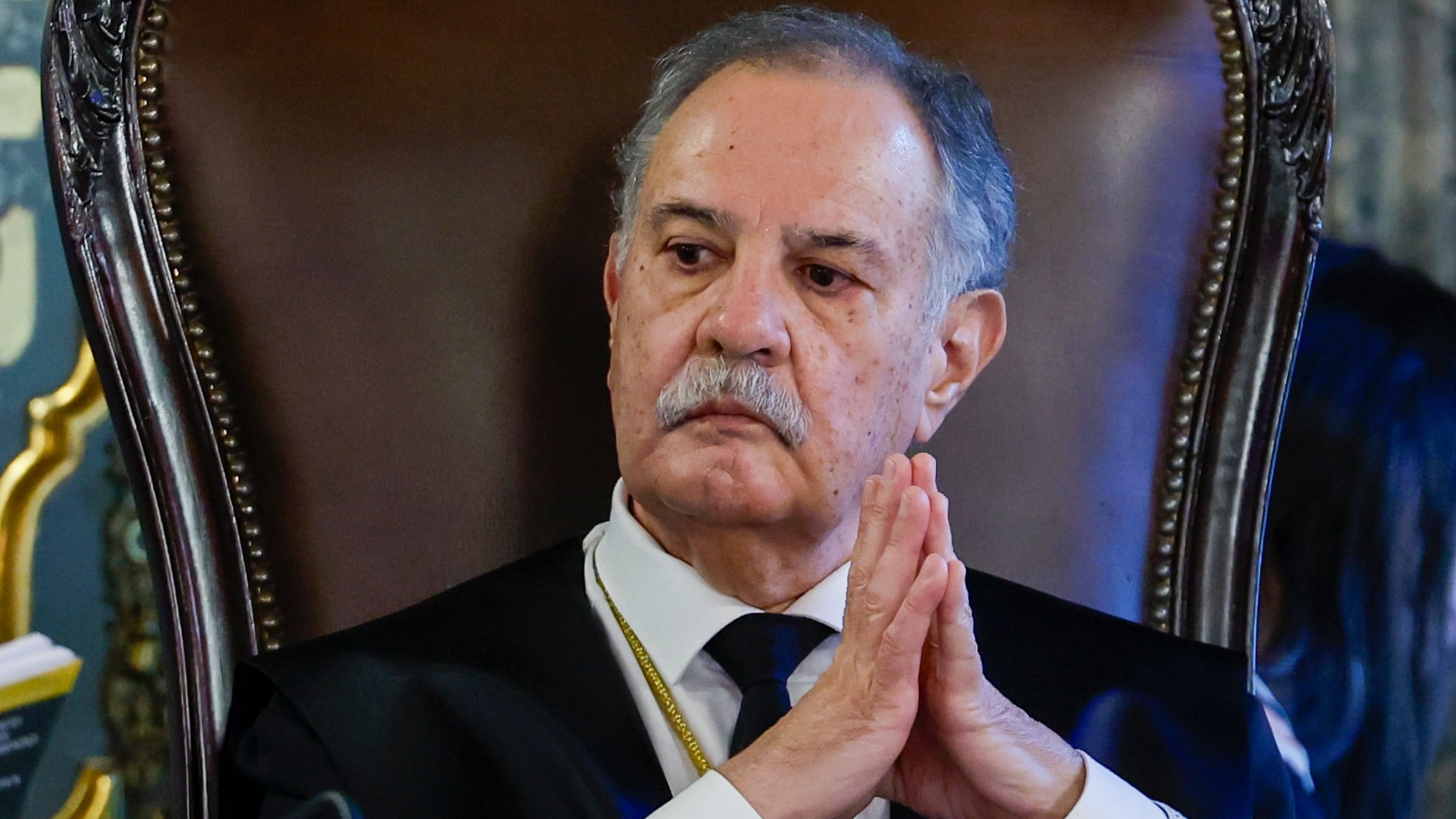Orchestral maneuvers in the blackout | Opinion

On May 2 there was no military stop in Madrid, but staging of trenches. Ayuso symbolically appropriated the Puerta del Sol, Vacked of ministers, army and Franco past in an institutional act as lacking as protocol as full of intentions. The blackout that left Spain without light It was the backdrop of a day in which the Madrid president consolidated her voluntary isolation account against an absent government. The paradoxical thing is that the same president who has built her leadership as a challenge to the central government claimed that the Executive assume the Single Command. Was it a calculated bet? Maybe. If the management of the blackout went wrong, the wear for Sanchez could be lethal. If it went well, Ayuso’s political cost was void. But was the risk to the government really so high?
According to Esther Paniagua reminded us, 48 hours are enough – four meals without supply – for a functional society to embrace the anarchy, to jump from the ethyl parentheses of The reeds in the sun and loas to our civism to a logic of pure survival with unpredictable social implications. The disturbing thing is not only what can happen but the speed to which it happens. There is no space for paused speeches or institutional nuances. Responsibility is concentrated and customized. The president becomes the State’s synecdoque. If there is no light, food or order, the question is not technical, it is political: where is the president? In situations of radical uncertainty, what citizens need is not a technical manual but A sense of meaning. That is why demanding « a technical explanation instead of propaganda » is to play the bureaucrat in the middle of a fire. In the background, who asks for « the technical truth » as if it were the only possible one does not claim more information but the place from which to disallow it. It is a trap: if the government does not detail, it hides something; If he does and does not convince – some never convinces them – he lies.
Delegating the conflict to the technical field is a way of delegitimizing its political dimension, as if there is a depolitic and correct way to respond to a crisis. Communication is not a decoration: it is the field where the meaning is disputed. There are no pure facts that impose themselves alone, without narrative, without frame, without language. The problem in the management of a crisis is not whether or not they are offered technical details, but How politically communicates What is happening. And curiously, that’s where Sánchez’s government It usually fails. Information matters, yes, it is only effective if it manages to generate trust and that does not do technical precision but the symbolic authority, the ability of a government to appear as a point of reference. If that voice does not appear, or appears uncoordinated, the truth, however, does not circulate. In contexts like that, communicating is not just explaining, it is to sustain a link. We saw it in the pandemic: a coherent communication is more decisive than any scientific detail, even more when science is used to shield political decisions in a world that distrusts the legitimacy of any knowledge. It is not only what is said, but when, how and where it is said. Who claims technicalism as if it were neutrality, actually seeks to empty the conflict of its political dimension. What he wants, perhaps, is that the government fell silent and leave the free space so that others – these – impose their political reading of what happened.







